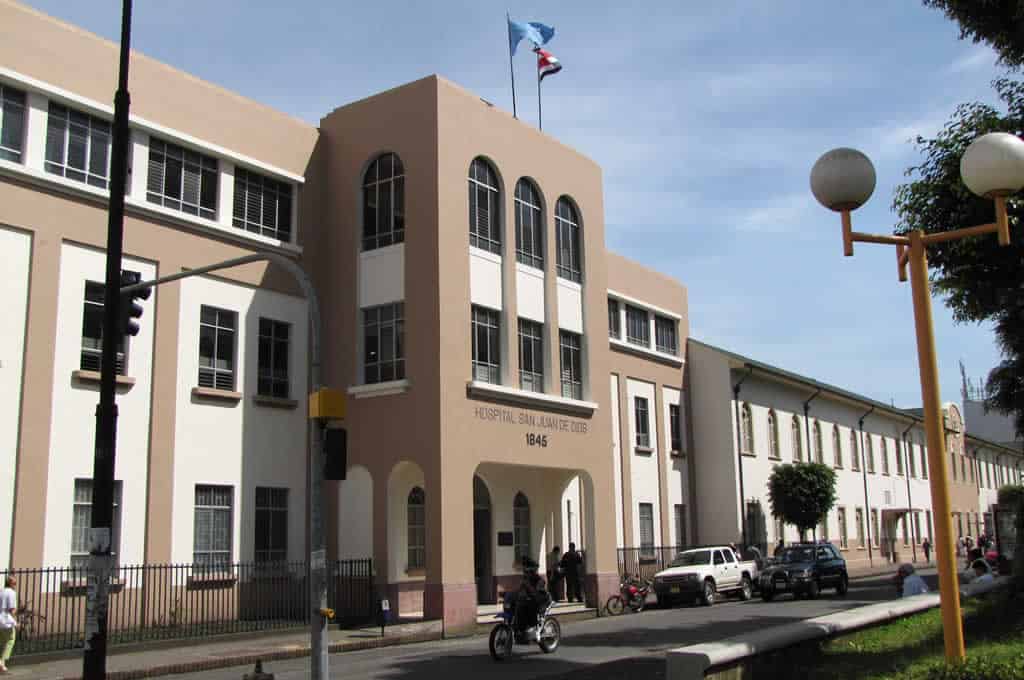The Immunology Laboratory of the San Juan de Dios Hospital now has a powerful device capable of detecting metals in the human body.
The Inductively Coupled Plasma Mass Spectrometer (ICP-MS) marks a technological breakthrough in favor of patients. It allows identifying elements related to metal intoxication processes in the human body.
Hospital San Juan de Dios is a leader in the diagnosis, treatment and follow-up of Wilson’s disease. This condition is characterized by the presence of a genetic mutation in the organism that produces an accumulation of copper in organs such as the eyes, liver, kidneys and brain.
According to Dr. Carlos Varela Briceño, specialist of the Immunology Laboratory, this new equipment makes it possible to determine the amount of copper in the patient’s serum, urine, blood and liver tissue in a very easy, precise and fast way.
“Our largest target population is patients with Wilson’s disease. It will benefit those who currently have the illness and those who do not show it but who are carriers of the mutation. It will benefit future generations,” said Varela.
Dr. Francisco Hevia Urrutia, from the hospital’s Hepatology Unit, explains that Wilson’s disease is a hereditary condition that makes it impossible for the body to eliminate copper.
Copper is used for multiple biological functions and is necessary for life, but with this disorder it begins to accumulate mainly in the liver, then in the blood and then it passes to the brain.
“The accumulation of copper begins in the mother’s womb. After the person is 6 years old it can begin to show neurological or hepatic manifestations,” mentioned Hevia.
Now, through a single sample, whether in urine, blood, hair, nails, tissue, among others, this new device is able to detect a large number of metals such as copper, arsenic, lead, mercury, titanium, among others.
This equipment, which costs approximately 160 million colones, was obtained through the coordinated work of different hospital services, including the Clinical Laboratory, headed by Dr. José Pablo Marín Gómez, together with the contribution of the Social Protection Board (JPS) and the collaboration of the Pro-Hospital San Juan de Dios Association, APRHOS.






